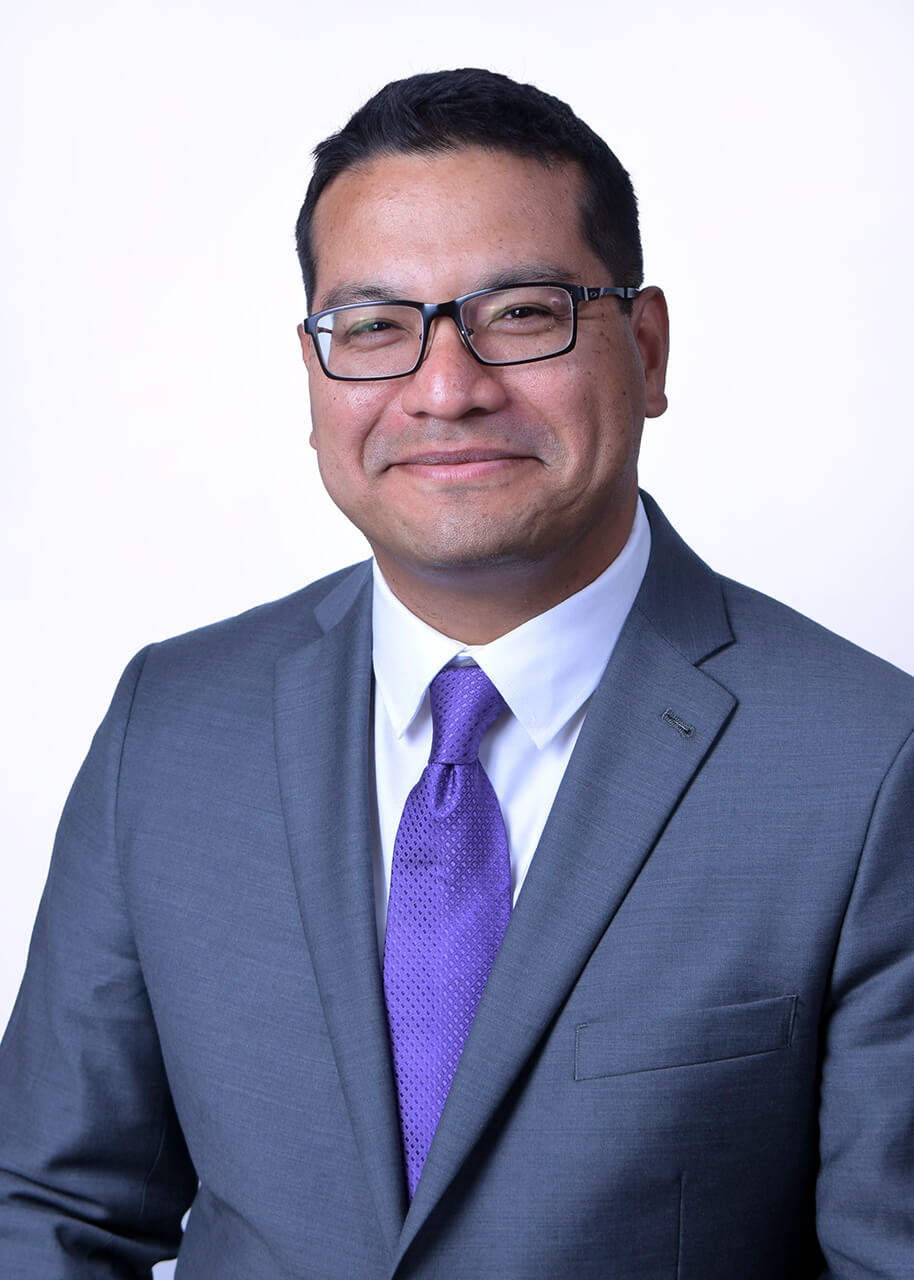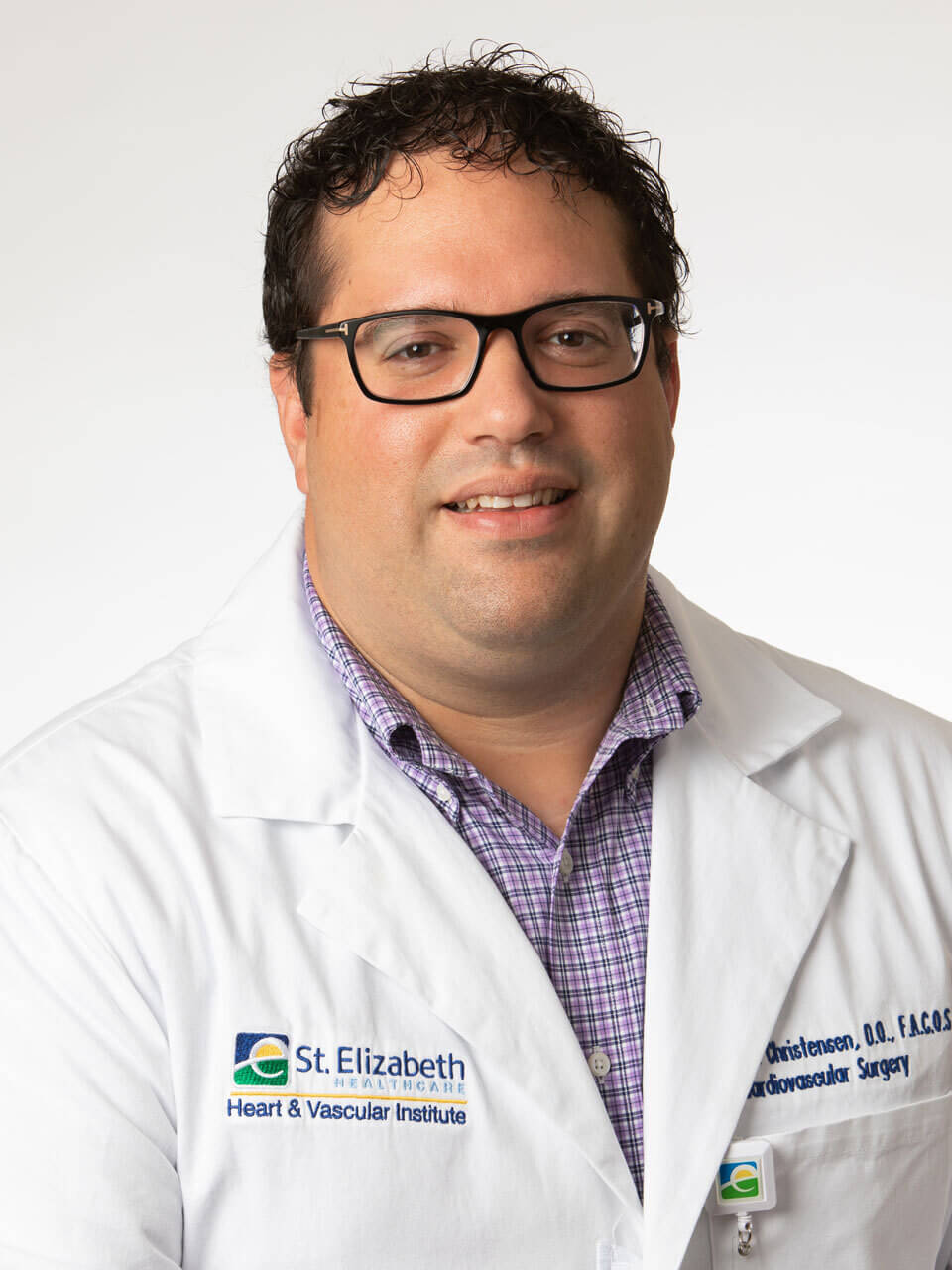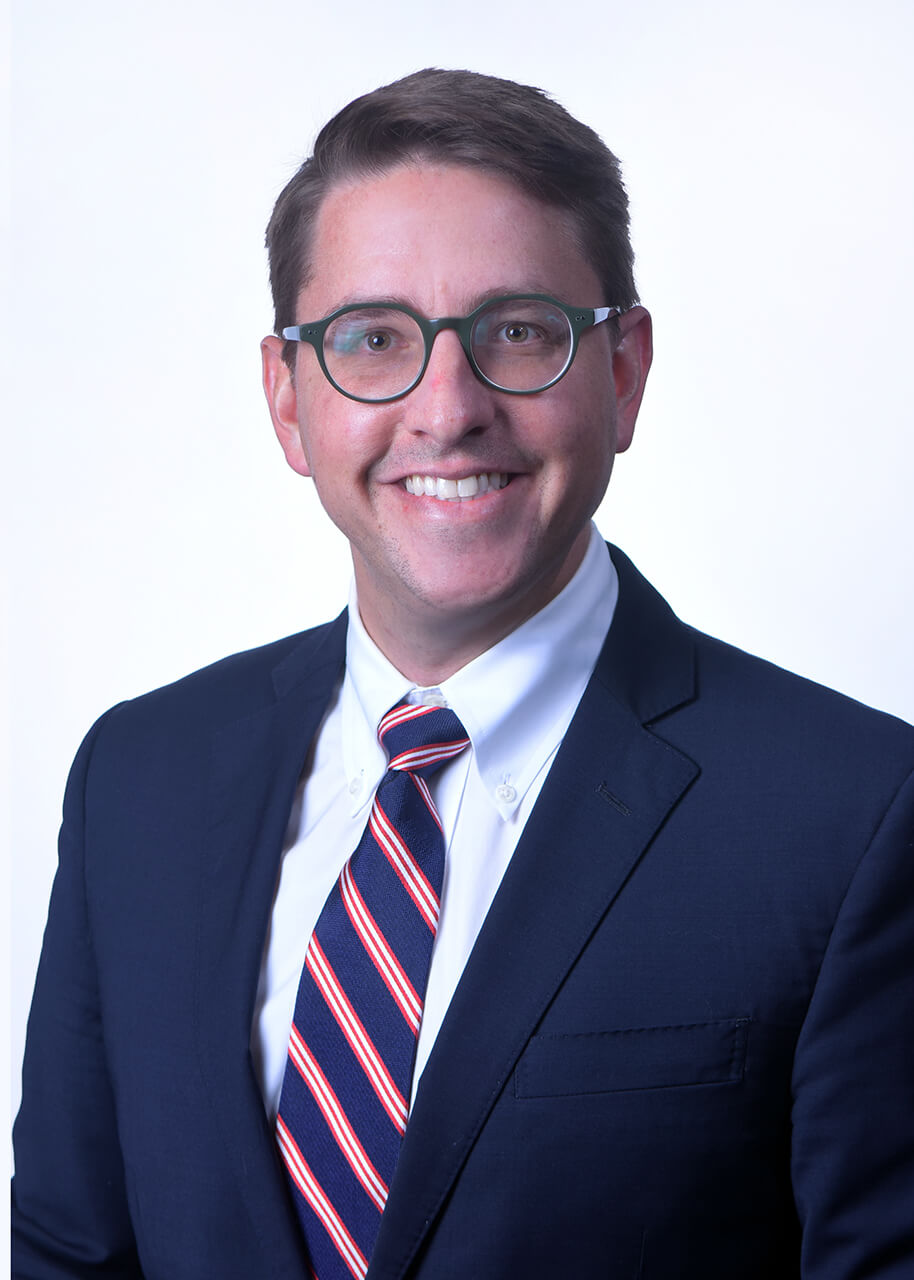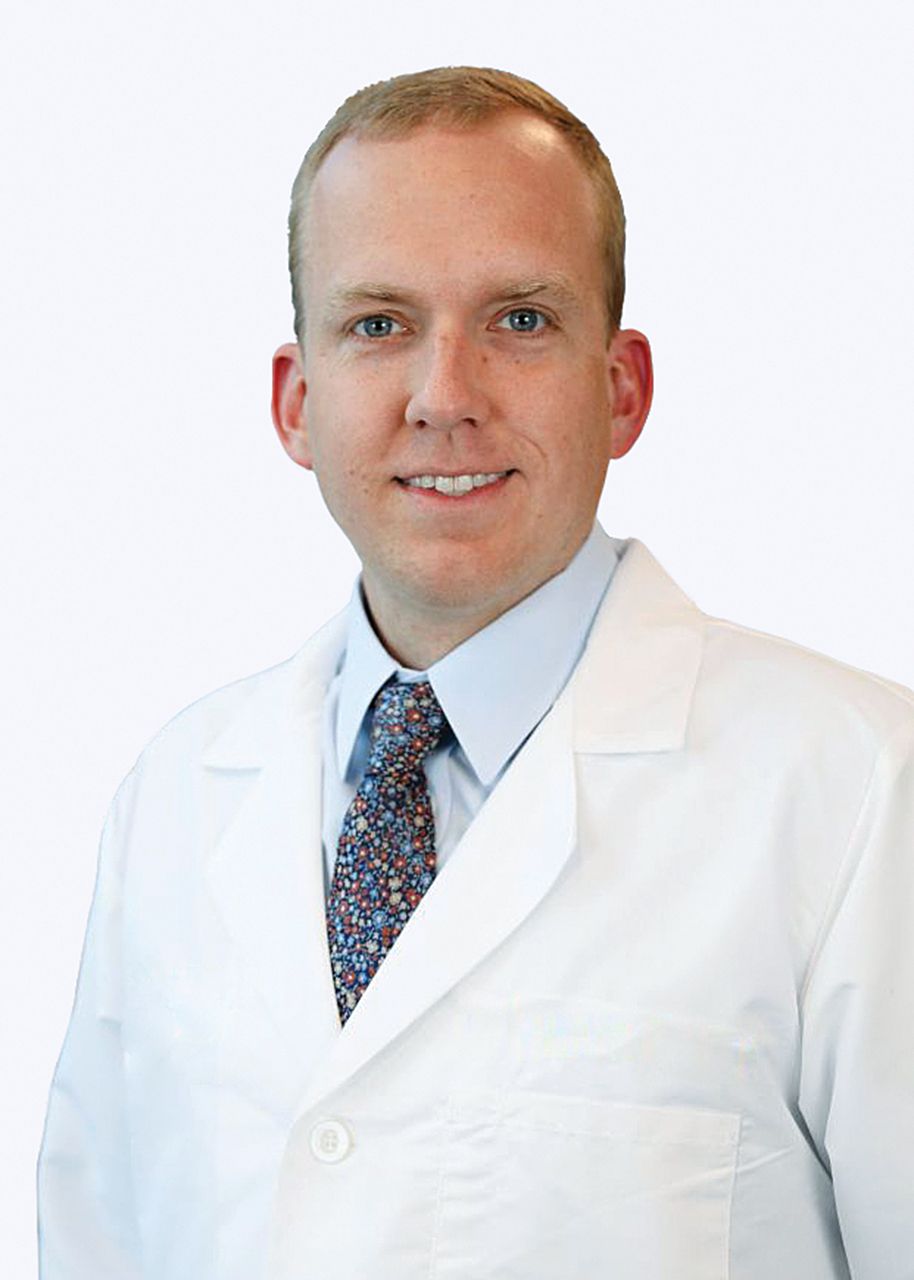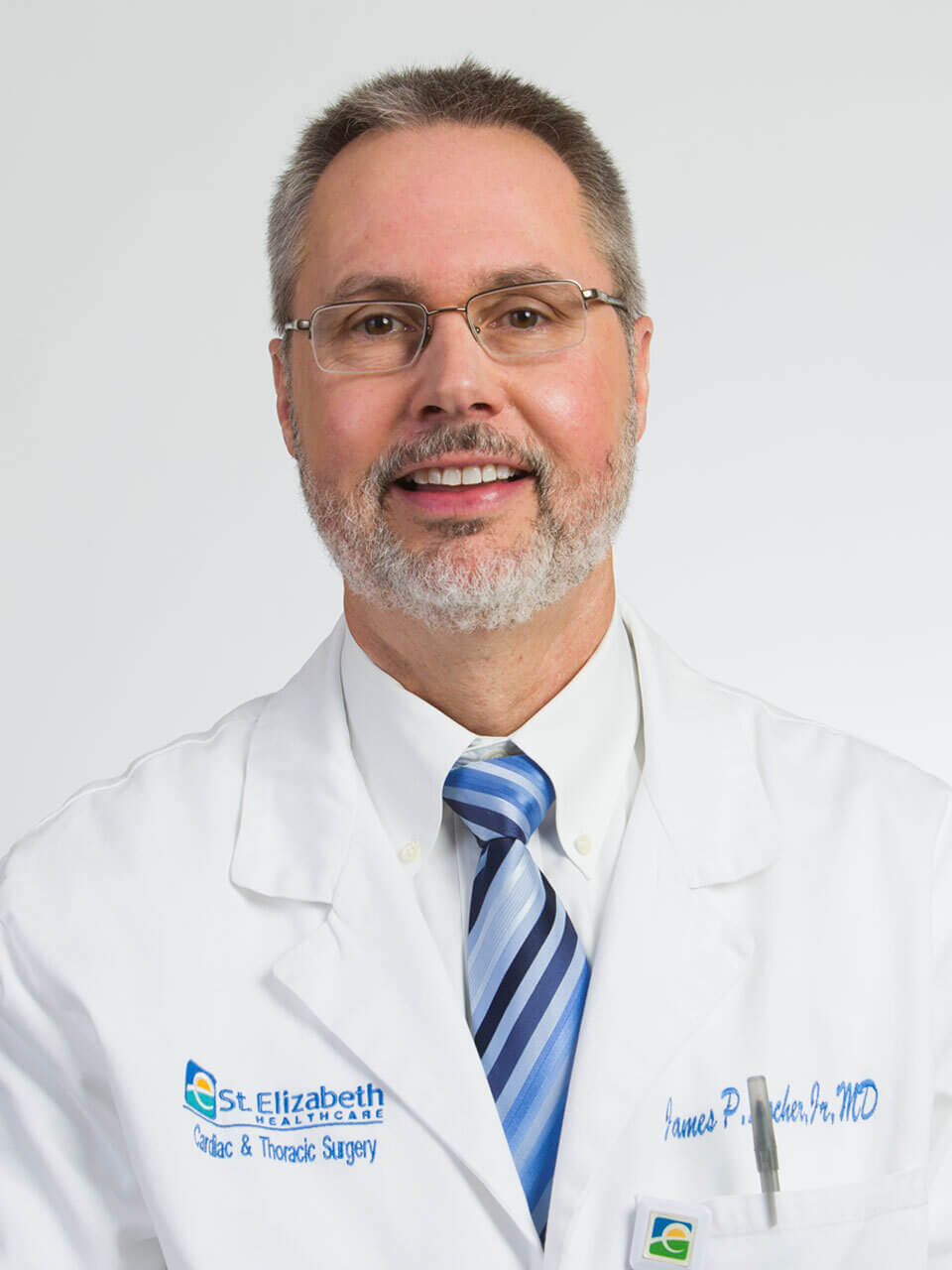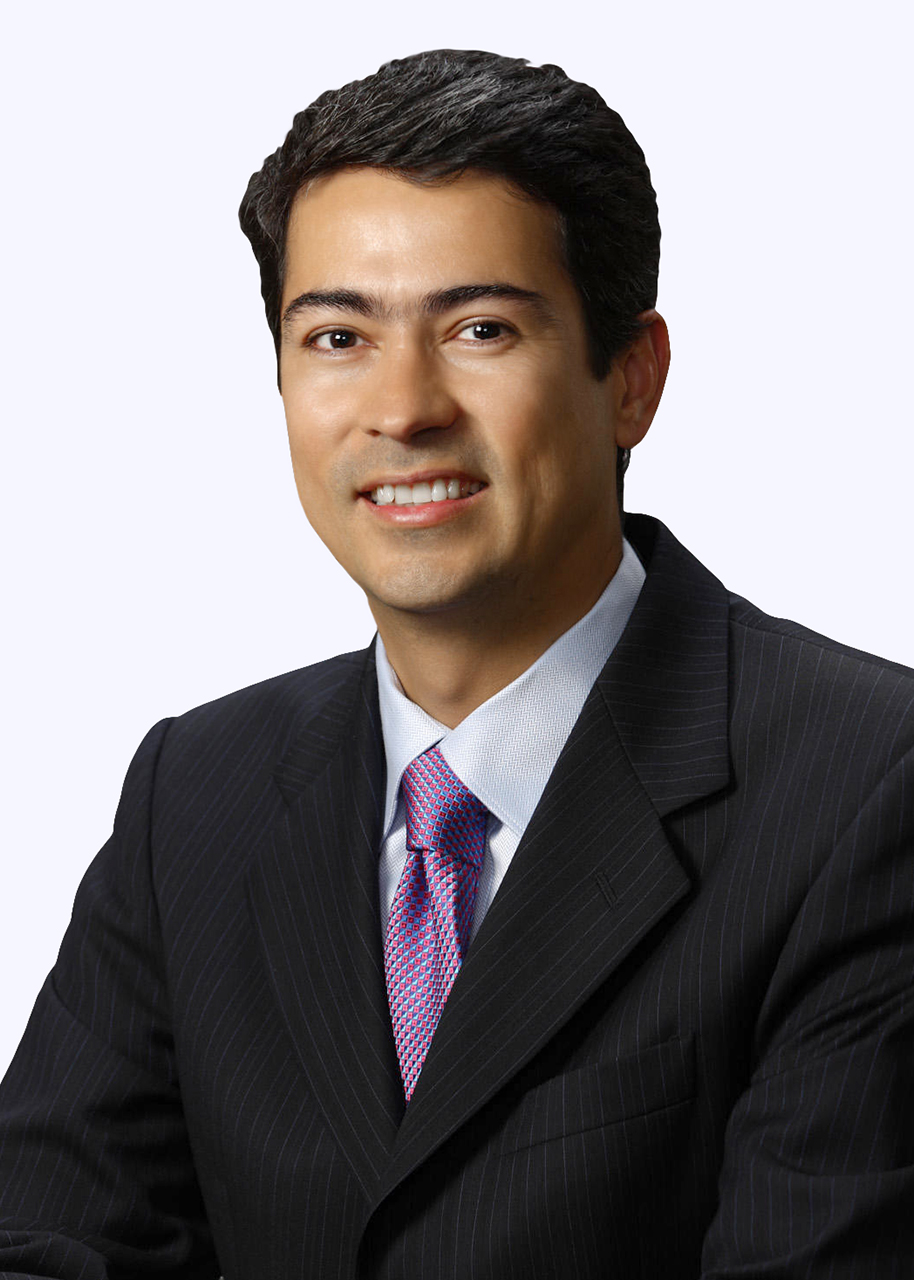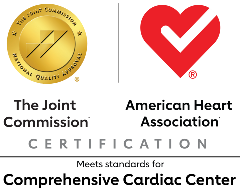Award-Winning Cardiac Surgery Care
If you have blocked arteries, an irregular heartbeat, damaged heart valves or heart failure, you may need heart surgery.
At the Florence Wormald Heart & Vascular Institute at St. Elizabeth, our experienced heart surgeons perform some of the most complex procedures to help your heart do its job.
Whenever possible, we offer our heart valve patients with a minimally invasive surgical option which means you benefit from shorter hospital stays, smaller incisions, faster recovery times and better outcomes.
We are:
In addition, St. Elizabeth Dearborn in Indiana and St. Elizabeth Edgewood in Kentucky each have five-star ratings by the Centers for Medicare and Medicaid Services (CMS) — the highest-possible rating awarded by CMS.
Schedule an Appointment
Call: (859) 301-9010
Leaders in Complex Multi-Valve Repair and Replacement
Your aortic, mitral, pulmonary and tricuspid valves control blood flow to and from your heart. Valve disease, like regurgitation or stenosis, may require surgery. St. Elizabeth heart surgeons are national leaders in complex multi-valve repair and replacement.
Our surgical team is especially skilled at treating mitral valve disease.
We offer:
- Complex mitral valve repair.
- Complex mitral valve replacement.
- Minimally invasive (endoscopic) mitral valve surgery.
We perform 99% of mitral valve operations using minimally invasive techniques. Our surgeons achieve excellent outcomes for people including less pain, shorter hospital stays, and a quicker return to daily activities.
We also collaborate with cardiologists at the Structural Heart & Valve Center to diagnose and plan the best approach to heart valve repair or replacement including MitraClip procedures or surgery.
Advanced Care for Mitral Annular Calcification
Calcium build-up around the mitral valve can increase your risk for stroke and heart failure.
St. Elizabeth Healthcare is the only health system in Ohio and Kentucky performing minimally invasive endoscopic mitral valve replacement for mitral annular calcification.
Complex and Minimally Invasive Aortic and Tricuspid Valve Surgery
Our surgeons offer the latest aortic and tricuspid valve treatments, including:
- Complex aortic root surgery.
- Minimally invasive aortic valve surgery.
- Minimally invasive endoscopic tricuspid valve surgery.
- Transcatheter aortic valve replacement (TAVR).
- Tricuspid valve surgery.
Regional Leaders in Endoscopic Cardiac Surgery – Open Heart Through a Closed Chest
Recovery may be a big concern when it comes to heart surgery. At St. Elizabeth Healthcare, we offer endoscopic cardiac surgery to treat a wide variety of heart conditions. This includes congenital heart conditions like atrial septal defect (hole in the heart), heart tumors and valve repair or replacement valve re-operations.
During this type of minimally invasive heart surgery, our team uses special instruments and a thin tube called an endoscope. The tip of an endoscope has a light and camera, which allows your surgeon to see inside the chest without making large incisions.
Experts in Coronary Artery Bypass Grafting (CABG)
If you have blocked or narrowed coronary arteries, your heart may not get the blood it needs to work properly. To improve blood flow to your heart, you may need a type of open-heart surgery called coronary artery bypass graft (CABG) surgery.
CABG is the most common type of open-heart surgery. It’s considered a complex coronary artery revascularization procedure.
During CABG, heart surgeons remove a healthy section of blood vessels from your chest, arm or leg. They then attach this vessel above and below your blocked or narrowed coronary artery. This re-routes the flow of blood to your heart muscle.
Other Advanced Heart Surgery Treatments
Beyond valve repair and CABG, St. Elizabeth heart surgeons perform a wide variety of advanced cardiac surgeries and procedures. These include:
- Advanced and complex heart failure LVAD (left ventricular assist device) surgery.
- Atrial fibrillation surgery.
- Atrial fibrillation ablation.
- Minimally invasive endoscopic surgical ablation and ligation of left atrial appendage.
- Minimally invasive endoscopic cardiac tumor removal.
- Minimally invasive endoscopic atrial septal defect closure.
- Complex aorta surgery.
LVADs are just one of many devices used to treat heart failure. We work alongside our advanced heart failure management center team to develop the best surgical treatment plan for you.
We also work with electrophysiology specialists to manage arrhythmias.
Your Cardiothoracic Procedure:
What to Expect
You may have questions about your heart surgery. Our team will help you every step of the way.
The time it takes to complete your surgery will depend on your specific procedure. Some surgeries last three to four hours. Others take up to seven. Our team will update your family throughout your surgery.
If you have a minimally invasive heart surgery, you can expect to remain in the hospital for two to three days. You can expect to feel better within about three weeks. Full recovery typically takes six to eight weeks.
If you have an open-heart surgery (sternotomy), your recovery will take longer. You can expect to stay in the hospital for five to seven days. It can take six weeks or more to begin feeling good after surgery. You may feel “back to normal” about three months post-surgery, but full recovery can take up to one year.
Some people who undergo sternotomy develop temporary atrial fibrillation post-surgery. Nationally, this happens to about 60% of people who have this procedure. Only 8% of patients at St. Elizabeth experience atrial fibrillation after sternotomy.
Cardiac Rehabilitation After Surgery
Recovering after a heart attack or surgery takes time, and we’re here to help. Our cardiac rehabilitation experts will help you regain your heart health and fitness safely.
Heart Attack Care
Call 911 or go to your nearest emergency room if you are experiencing symptoms of a heart attack. Learn more about expert emergency cardiac care at St. Elizabeth Healthcare.

